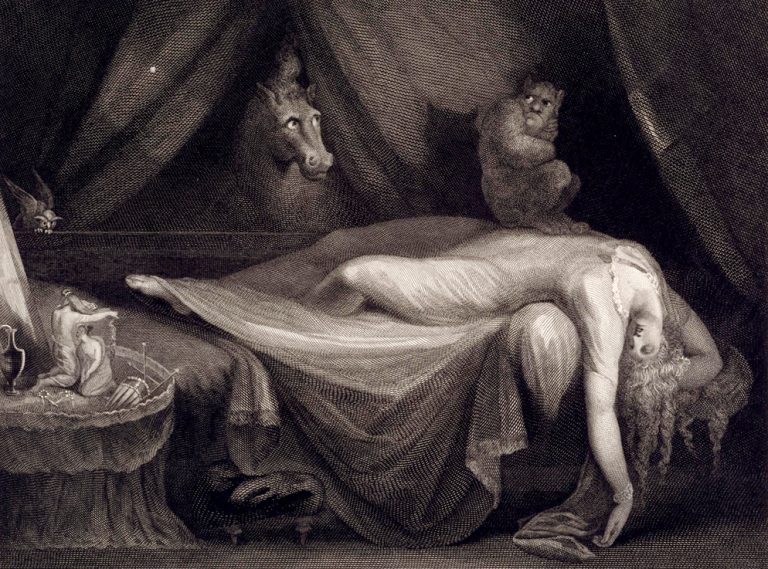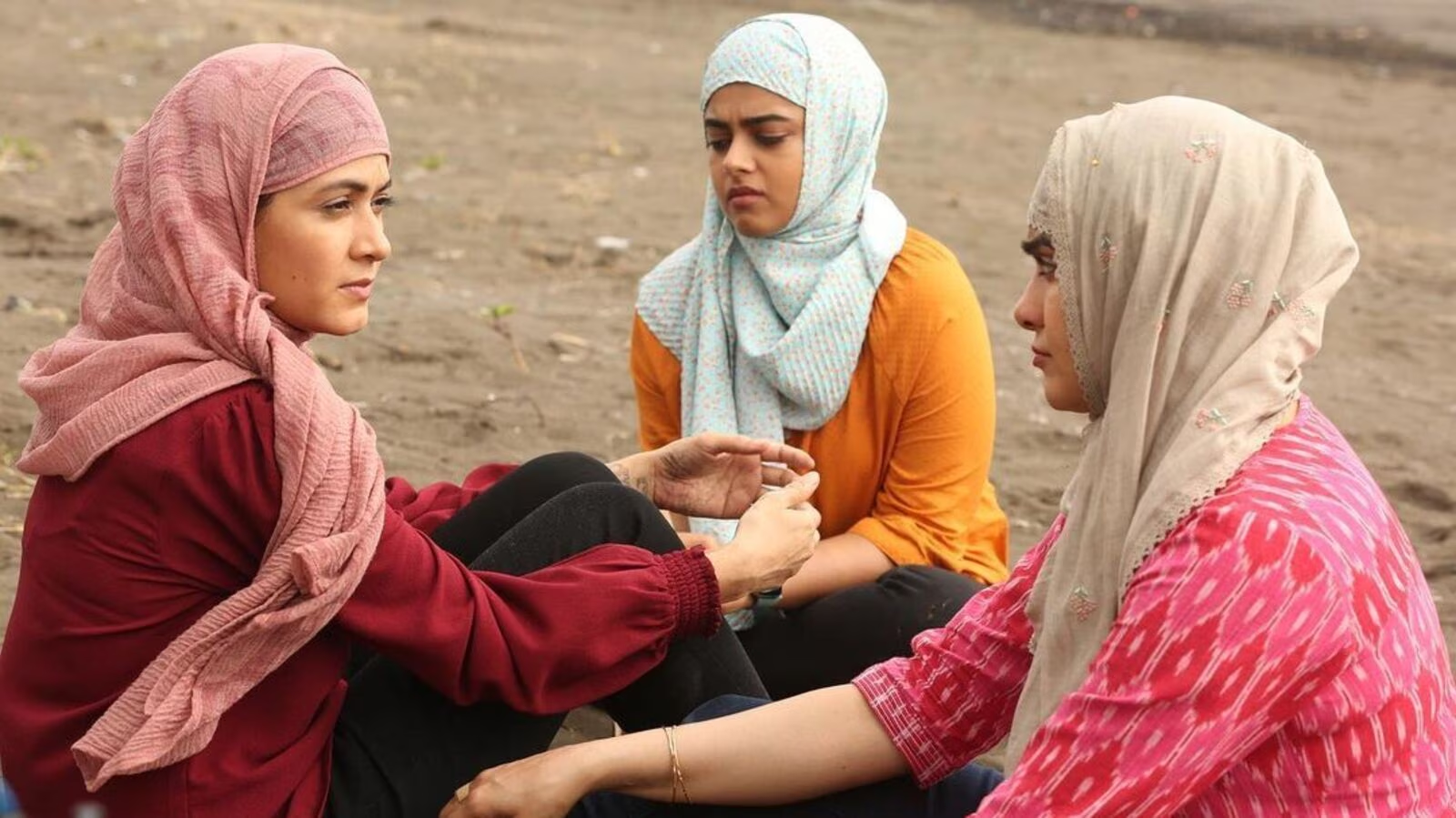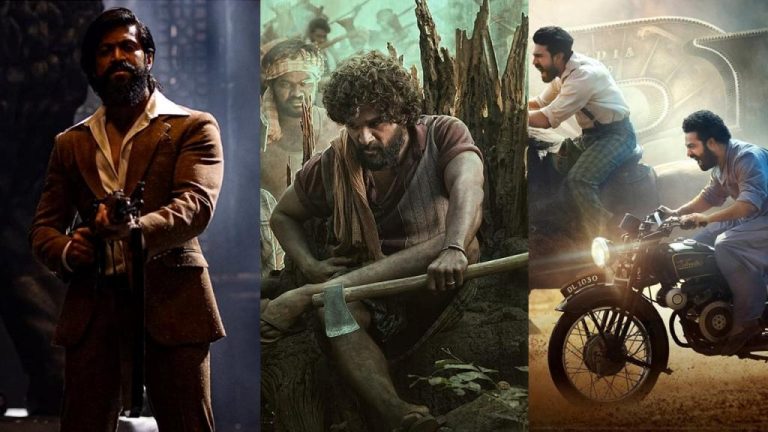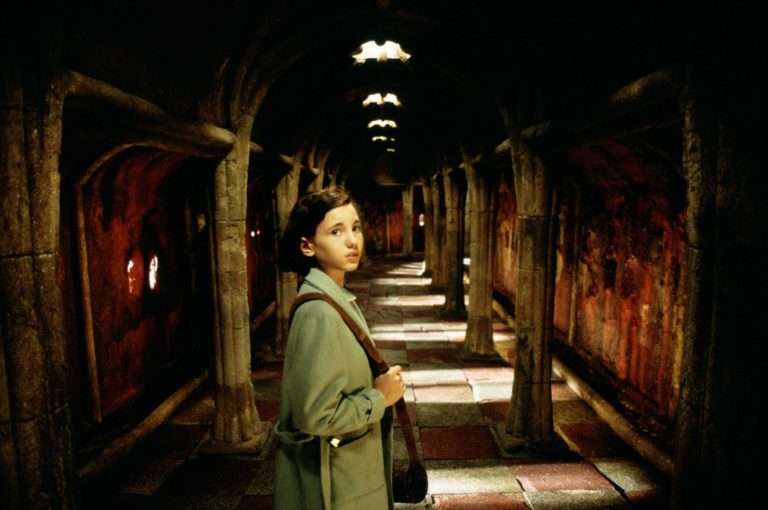Modernity has offered diversification and opened horizons for people to reach out to others living far away. It has welcomed comfort and accessibility to various things that once were difficult to attain. But, modernization has simultaneously diminished the essentialities and fundamentals of our life, i.e., human connection. C. Prem Kumar’s “Meiyazhagan” is an ode to the everlasting essence of human connection – connection that’s established not through any electronic medium but through the exchange of memories, love, care, and emotion between two individuals through spoken words and a charming smile. Connection, that can break the shackles of animosity and pain one might inherently go through. Connection that can dissipate anger, inferiority, and anonymity and create a relationship to cherish forever. C Prem Kumar, once again, offers something after “96” that deals with the human soul, and not some regular potboiler scenarios.
In “Meiyazhagan,” Arul is one puzzled 40-year-old married man living in Chennai who seems to be hesitant to visit his hometown for his cousin sister’s wedding ceremony. Back in 1996, one unfortunate family dispute compelled him and his family to leave Thanjavur and his beloved ancestral home forever: something that still troubles him. The narrative oscillates between 1996 and 2018. Arul can befriend a flock of parrots on the terrace of his rented house, and communicates with them, as if, reinstating his lost connection with his hometown and its breathing nature, though living far away from there.
He recollects old memories of his childhood, the lost time and place he once considered to be his heaven and thought to be impossible to leave. Such insecurity compels him to think about buying his rented house in Chennai so that, for once, he can have something his very own. Arul is in a state of dilemma about going to the wedding as he might have to confront the other family members who were behind their separation from their homeland. Eventually, he is persuaded by his parents (Sriranjani as Valli, and Jayaprakash as Arivudai Nambi) and his supporting wife (Devadarshini) to gather the willpower to make the journey successful.
Arul experiences a whirlwind of emotions throughout his journey, torn between anticipation and unease. As he arrives, a flood of memories washes over him, bringing him face-to-face with the house he left behind 22 years ago. However, unable to step inside because it no longer belongs to him, he resolves to attend his cousin sister’s wedding ceremony, deliver his gift, and quietly leave that very night to avoid further embarrassment and moral dilemmas. Yet, fate has other plans. At the wedding, he finds himself unexpectedly drawn into a conversation with a supposed ‘relative.’ Though he struggles to recognize the person, he pretends otherwise to sidestep any awkwardness—setting the stage for an encounter that could alter his plans entirely. There starts the hunt as well as the re-establishment of a long-lost relationship that borders between anonymity and nostalgia.
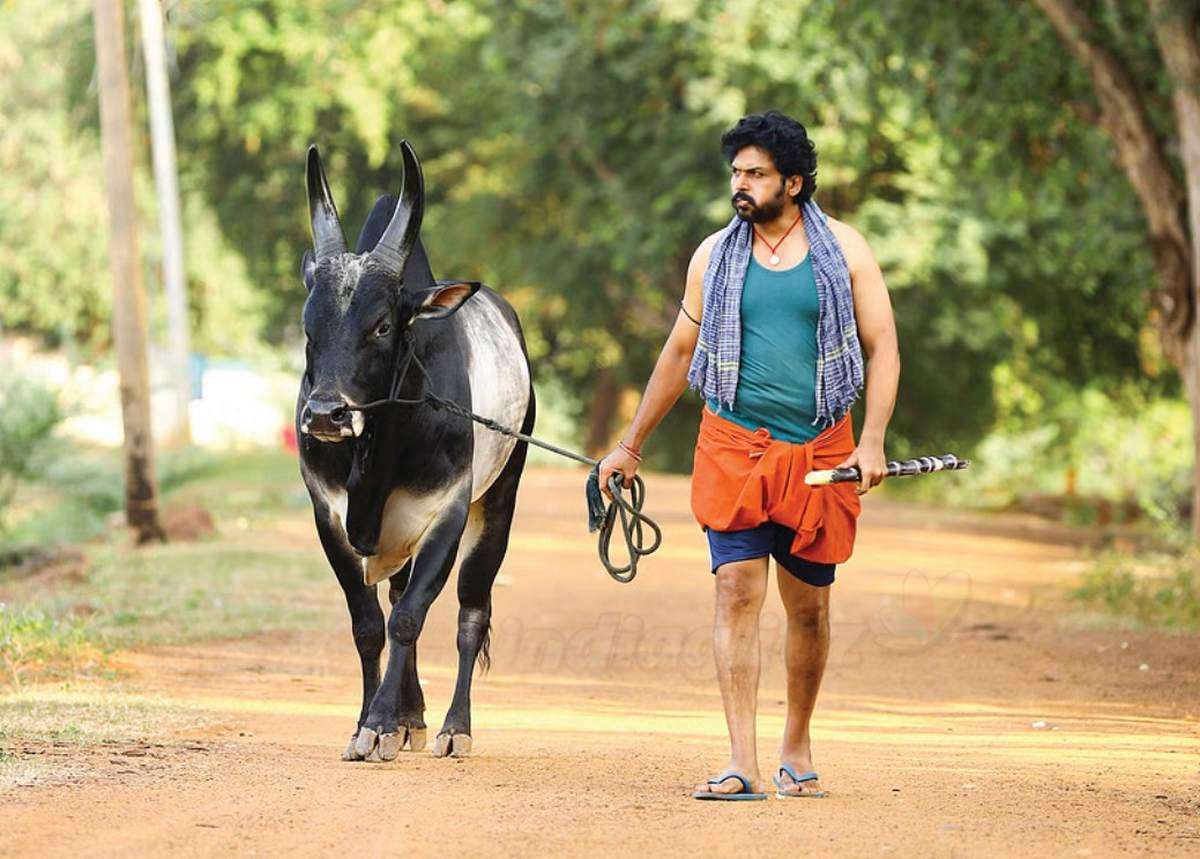
Prem Kumar masterfully crafts an almost 3-hour film centered on Arul’s inability to recognize this mysterious ‘relative.’ Despite this, the two share an entire night bonding over life and a few beers after Arul misses the last bus from Needamangalam to Thanjavur. To find out whether he succeeds in recollecting his identity, readers need to watch the film on Netflix. What stands out is the impeccable performances of Karthi (“Paruthiveeran,” “Kaithi”) as the apparent ‘stranger relative’ and Arvind Swamy (“Roja,” “Bombay”) as Arul. The bonding emphasizes how familiarity can be instated through the genuine connection of two souls; how compassion can embrace the inherent pain and suffering of an individual and that purity in human relationships is still very much prevalent in this rapidly globalizing society.
Karthi’s character embodies the essence of celebrating life in its purest form. Upon reuniting with Arul—who fails to recognize him—he effortlessly creates a world brimming with laughter and nostalgia. With his infectious smile and spirited demeanor, he crafts moments that the two will cherish forever. His childlike exuberance makes him irresistibly endearing. He is talkative and energetic, yet he remains respectful of Arul’s personal space.
When Arul struggles to find suitable accommodations at nearby homestays for the night, the ‘relative’ steps in and graciously offers shelter at his own home. Despite the warmth of their connection, Arul’s curiosity about his companion’s true identity lingers. He encounters multiple opportunities to uncover his name but ultimately remains in the dark.
The titular character embodies the spirit of carpe diem, embracing every moment he shares with Arul. Whether belting out songs in the middle of an empty road at night, dancing with carefree abandon, or enjoying chilled beers by the dam, he seizes each opportunity to create joy. This juxtaposition of a cheerful, extroverted individual and a reserved, introverted counterpart sparks a heartfelt journey to rediscover a lost bond. The ‘relative’s’ boundless energy exemplifies the gift of true companionship—a presence that makes one feel valued and loved. C. Prem Kumar beautifully reimagines the inherent nobility of humankind, presenting it in a fresh yet familiar way that resonates deeply amidst the grandeur of larger-than-life cinematic creations.
The filmmaker uses the native place of Thanjavur and Needamangalam in such a holistic and familiar way in the story that the place itself becomes a character; it becomes a chronicle of past times. Each place becomes a trigger point for Arul to fall in love with it once again, keeping aside the inert angst that has been pestering him for 22 years ever since he left that place. The bull and the cobra in the backyard of the ‘relative’s’ house create another sense of astonishment and memory for Arul.
The elephant at the old temple drags him back to the same place 22 years ago, all in the presence of the stranger. The bus conductor Jaggu, revealed to be a former student of Arul’s father, reminds him that his family is still remembered and revered within the local community. These small moments make the entire story so rooted yet so universal that even a viewer who doesn’t belong to Tamil Nadu, nor has any exposure to the rooted culture and tradition of that place, can relate heavily with the sense of inherent detachment and the joy of reunion with one’s loved ones.
In recent times, audiences have grown accustomed to films delivering periodic ‘high moments’ at regular intervals, a trend that has, in turn, shortened attention spans—especially in today’s era of quick-fix entertainment like reels. Prem Kumar, however, defies this formula by crafting a deliberate pace that challenges conventional viewing expectations. The film’s rhythm, though occasionally unsettling for viewers used to faster storytelling, aligns seamlessly with the emotional journey of the protagonist, allowing the narrative to unfold with depth and authenticity.
The pacing is neither rushed nor drawn out; it allows the audience to truly ‘stay’ with the character, immersing themselves in his emotions and experiences. This deliberate approach draws viewers into the rich cultural tapestry of Needamangalam, making them feel part of the space and Arul’s journey. The film excels in capturing the authentic essence of family wedding functions in small towns and villages—stripped of glamour and extravagance. It highlights the intricate dynamics of familial relationships, from the joyful chaos to the quiet, unspoken moments, creating a heartfelt portrayal of tradition and connection.
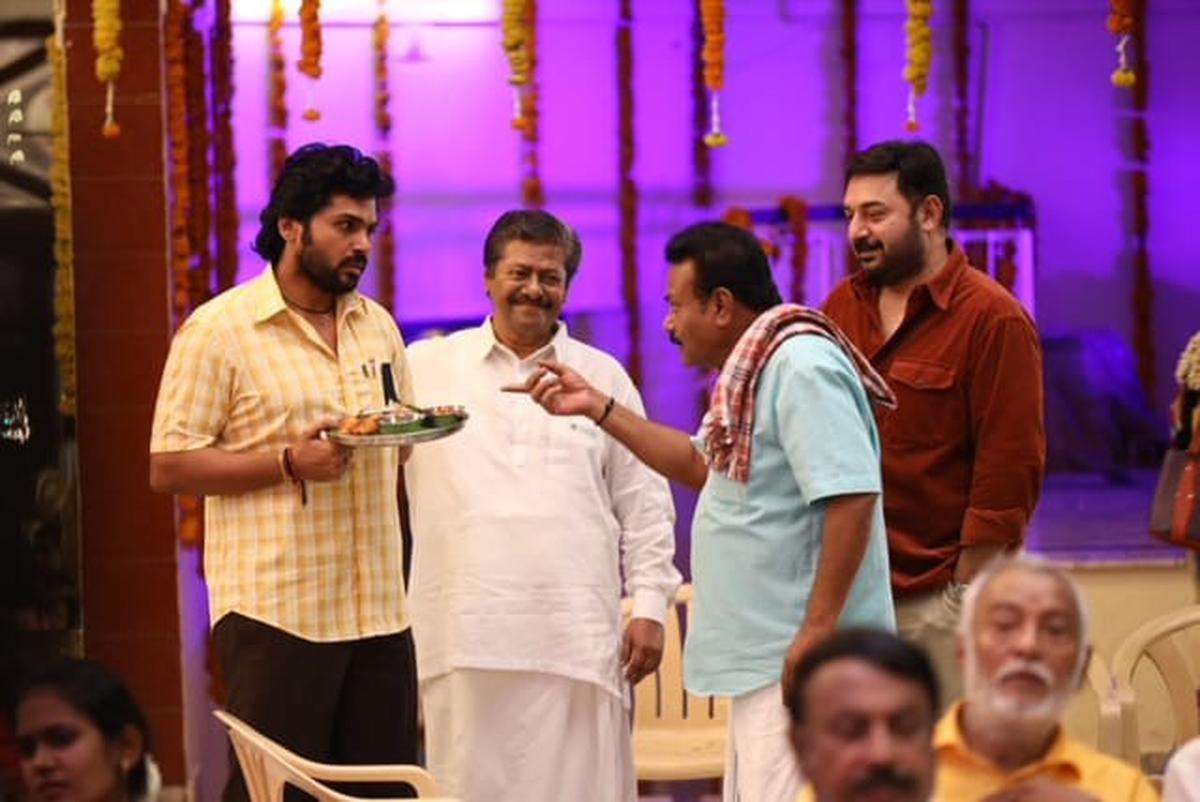
Although Arul’s cousin sister, Bhuvana (played by Swathi Konde), doesn’t feature prominently in the film, the few moments they share during the wedding ceremony are enough to convey the depth of their bond, even after 22 years of separation. One particularly poignant scene has Arul sitting before Bhuvana on the stage, helping her put on anklets as tears stream down his face—a powerful, emotionally charged moment established early in the film. The accompanying music enhances these tender scenes beautifully, deserving high praise for its role in elevating their emotional resonance.
The vibrant atmosphere of the wedding, coupled with moments of reunion with older relatives and long-lost friends, becomes deeply engaging and immersive. The social merriment outside contrasts sharply with the inner turmoil in Arul’s mind, drawing the audience into his emotional conflict. Though he has returned to his birthplace, Arul wrestles with a profound sense of belonging, questioning whether he truly fits in—a lingering doubt that resonates throughout his journey. The answer, however, arrives in the form of ‘the relative,’ whose presence helps Arul forge new memories and discover a steadfast companion. This newfound connection gradually soothes the pain and bittersweet associations he harbors with Thanjavur, allowing healing to take root.
For the first time, Arul feels connected to his hometown not because of a painful past, but with the hope and certainty of a brighter future. Companionship becomes the major highlight of the film. The central duo forms a profound connection, free from external interference, rooted purely in the intertwining of their souls. Their bond emerges organically through shared thoughts, unspoken words, and the natural rhythm of their surroundings—the locale, the moment, and the passage of time. Together, these elements weave a tapestry of something deeply holistic, genuine, and celebratory.
Through “Meiyazhagan,” audiences are offered a rare escape into a peaceful, deeply humane story—a stark contrast to the chaotic milieu of modern thrillers and action films steeped in violence. The film reaffirms faith in humanity’s ability to trust, love unconditionally, and embrace authenticity and compassion, even for oneself, without the distractions of worldly concerns. This message feels especially vital in today’s world, where the human mind is bombarded with an overload of unwarranted, unfiltered information from all directions. C. Prem Kumar gently reminds us that it is possible to break free from these social and internal barriers, rediscover the simple joys of life, and celebrate the beauty of existence in its purest form.

